| |
René HEN |
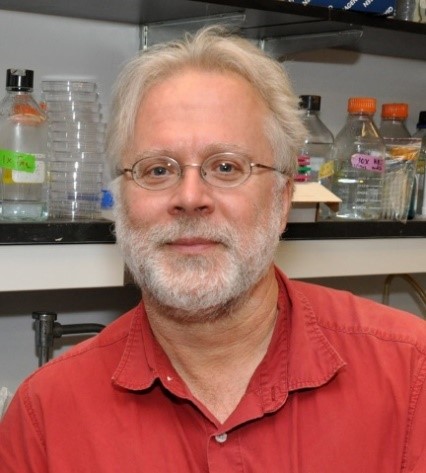 |
Department of Neuroscience and Pharmacology,
Columbia University, New York, USA
|
|
René Hen is a Professor of Neuroscience and Pharmacology at Columbia University, and the Director of the Division of Integrative Neuroscience in the Department of Psychiatry at the New York State Psychiatric Institute (NYSPI). He has studied the mechanism of action of antidepressant medications as well as hippocampal neurogenesis for the past 20 years, with a strong background in molecular biology, pharmacology, gene targeting technologies and in behavioral studies. René Hen is also the Director of the NYSPI imaging facility; over the past four years he has invested considerable efforts to develop a state of the art facility that is dedicated to calcium imaging both in freely-moving mice using miniscopes and in head-fixed mice using two-photon microscopy. His laboratory has also acquired the expertise to analyze these large datasets and is actively collaborating with the Department of Computational Neuroscience at Columbia University. |
| |
|
| |
|
| |
Alexandre DAYER |
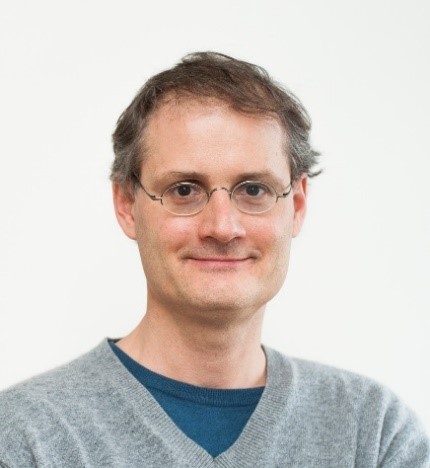 |
Department of Psychiatry and Department of Basic Neurosciences,
CMU, University of Geneva, Switzerland
|
|
Alexandre Dayer finished his medical studies in 1997 at the Medical School of the University of Geneva and obtained his MD thesis from the University of Lausanne in 1999. Following a clinical specialization in Psychiatry, he was board certified in Adult Psychiatry and Psychotherapy in 2009. Alexandre Dayer trained in developmental neurobiology at the National Institute of Mental Health (USA) in the laboratory of Heather Cameron and in the laboratory of Joszef Kiss at the Department of Basic Neurosciences in Geneva. In 2010 he obtained an assistant professorship position from the Swiss National Foundation and started his laboratory at the Geneva Medical Center. Since then his lab aims to understand how functional cortical microcircuits emerge during development and how they could be disrupted by specific genetic alterations or altered activity patterns. More specifically, his lab investigates the molecular controls over cortical circuit assembly using cell-type specific approaches and studies the impact of psychiatric risk genes on theses developmental processes. In a translational perspective, he collaborates with several clinical research groups in Child and Adult Psychiatry and has a particular interest in the developmental trajectories leading to stress-related disorders. At a clinical level, Alexandre Dayer works as a senior clinician in the outpatient moods unit of the Service of Psychiatric Specialties of the University Hospital of Geneva and has a special interest in the treatment of patients with bipolar disorders. |
| |
|
| |
|
| |
Antonella RICCIO |
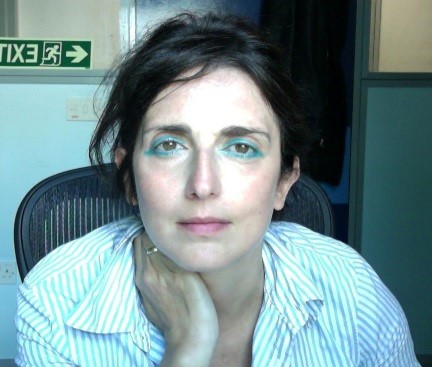 |
MRC Laboratory for Molecular Cell Biology
University College London, United Kingdom
|
|
Antonella Riccio completed her medical and PhD degrees at the Catholic University of Rome in 1996. She was postdoctoral fellow and research associate in the Department of Neuroscience at the Johns Hopkins University in Baltimore from 1997 until 2004. She joined in 2005 the MRC Laboratory for Molecular and Cell Biology at University College London as Group Leader and apointed in 2014 Professor of Neuroscience. Her laboratory is interested in the understanding of the transcriptional and epigenetic mechanisms that regulate gene expression in neurons. One of her main research project focuses on the role of CREB in the adult and developing nervous system. Her laboratory is also interested in novel signalling pathways that control neuronal gene expression by inducing epigenetic changes, and the identification of “codes” responsible for mRNA localization and translation in axons. |
| |
|
| |
|
| |
Denis JABAUDON |
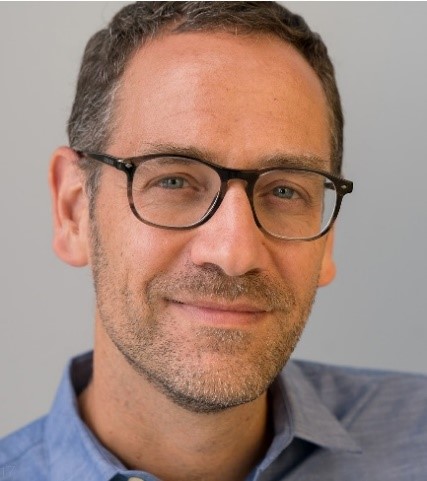 |
Department of Basic Neurosciences, CMU
University of Geneva, Switzerland
|
|
Denis Jabaudon obtained his M.D. and Ph.D. degrees from the Universities of Lausanne and Zurich in Switzerland, where he studied mechanisms controlling synaptic transmission. After a neurology residency at Geneva University Hospital, he completed a postdoctoral fellowship at Harvard University, in the laboratory of Prof. J. Macklis, where he began his investigation of genetic control of cortical development. He is currently a professor at the University of Geneva, Switzerland, since 2009, where he has his independent research group and also practices as a clinical neurologist at Geneva University Hospital. His work on the mechanisms of neuronal circuit assembly during cortical development has recently earned him several prestigious prizes, including the Freedman Prize for Exceptional Basic Research from the Brain and Behavior Foundation (NARSAD) and the Bing Prize from the Swiss Academy of Medical Sciences. |
| |
|
| |
|
| |
Marlen KNOBLOCH |
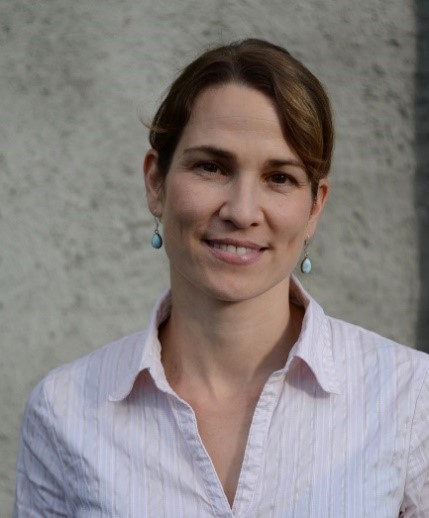 |
Department of Physiology, FBM
University of Lausanne, Switzerland |
| |
Marlen Knobloch has obtained her PhD at the University of Zurich in the Group of Prof. Nitsch, where she developed and characterized a novel mouse model for Alzheimer’s disease. During her PhD, she furthermore contributed to an innovative immunization approach against Alzheimer’s disease, which is currently in a clinical phase 3 trial led by Biogen. Marlen Knobloch moved on to do her postdoc in the Group of Prof. Jessberger at ETH and University of Zürich, where she has been studying the metabolic requirements of adult neural stem cells. Her work has uncovered an important novel mechanism how lipid metabolism controls neural stem cell activity. Since February 2017, she has obtained a tenure track assistant professorship at the University of Lausanne in the Department of Physiology, where she is establishing her Laboratory of Stem Cell Metabolism. |
| |
|
| |
|
| |
|
| |
Nicola ALLEN |
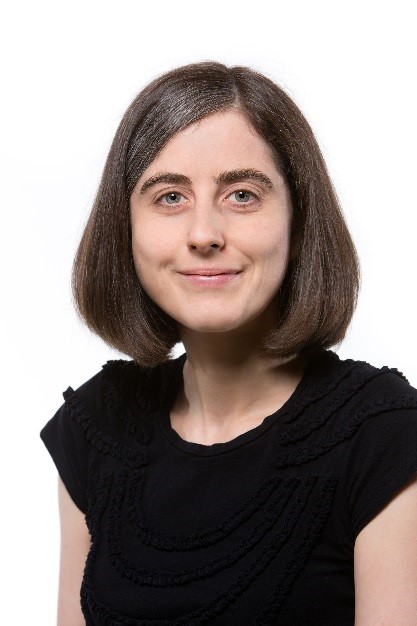 |
Salk Institute for Biological Studies, San Diego, USA |
| |
Nicola Allen is an Assistant Professor at the Salk Institute for Biological Studies, USA. She received her PhD working with David Attwell at UCL, and performed Postdoctoral research with Ben Barres at Stanford University. Her lab investigates how neuronal synapses are regulated throughout life: from the formation of synapses during development, to the remodeling of synapses in the adult in response to experience, to the loss of synapses in aging. This is approached not just by studying neurons, but by asking how non-neuronal glial cells, specifically astrocytes, regulate synapse number and synaptic function. |
| |
|
| |
|
| |
|
| |
Ludovic TELLEY |
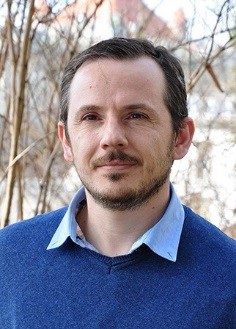 |
Department of Fundamental Neuroscience, FBM
University of Lausanne, Switzerland
|
| |
Ludovic Telley obtained his PhD in Neurosciences at the University of Montpellier (France), where he studied the cerebellar development in the laboratory of Dr Fabrice Ango at the Institut de Génomique Fonctionnelle (IGF). After his graduation, he started a postdoctoral fellowship at the University of Geneva in the laboratory of Prof. Denis Jabaudon. In the following years, he developed a solid dual expertise in single cells transcriptomics and bioinformatics, including state-of-the-art machine learning approaches. In February 2018 he started his research group at the DNF, University of Lausanne, with the support of an ERC Starterting Grant. His research is focused on cerebellar development, particularly in understanding the molecular programs that control cerebellar neuron differentiation, interaction and assembly into functional circuits which serve as a basis for the cerebellar various functions. To address these questions, he is combining single-cells technologies, bioinformatics tools and in vitro/in vivo gain- and loss-of-function strategies |
| |
|
|